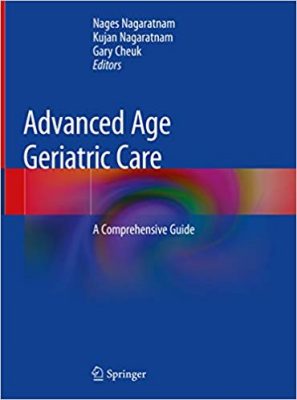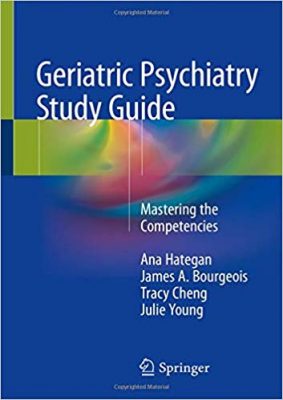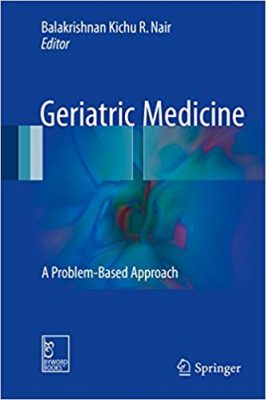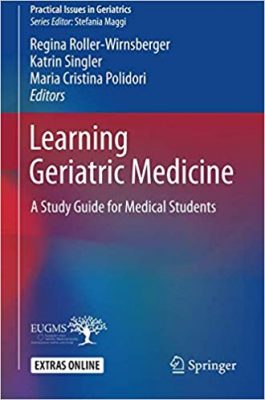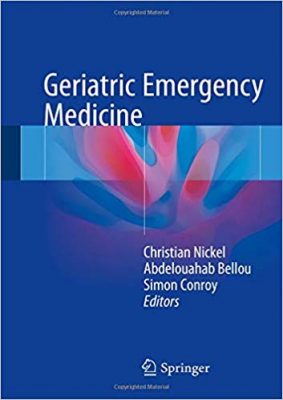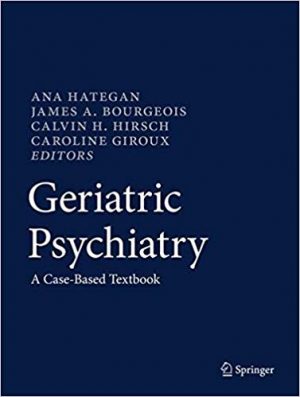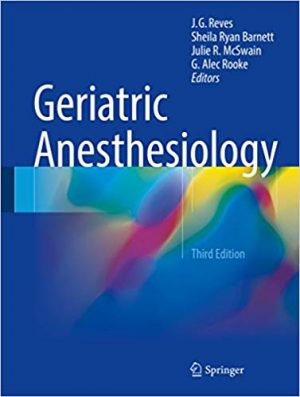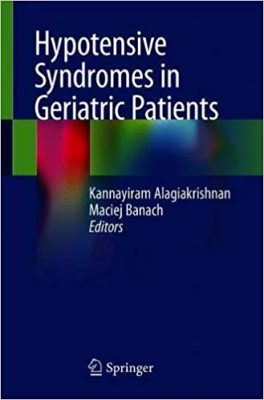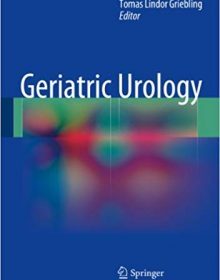Neuro-Geriatrics: A Clinical Manual
Neuro-Geriatrics: A Clinical Manual
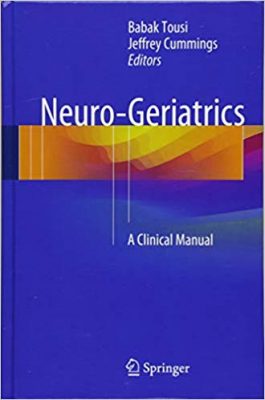
Neuro-Geriatrics: A Clinical Manual
This manual takes a multidisciplinary approach to neurological disorders in the elderly. Comprehensive and practical, it includes the most recent diagnostic criteria and immediately accessible visual care paths including the latest pharmacologic and non-pharmacologic interventions.
Covering a range of modalities, from the importance and impact of each disease to diagnostic criteria, genetics, laboratory and imaging findings, treatment and care paths, this book focuses on neurological conditions that occur commonly in older persons or which have a striking effect on their lives. The common types of dementias, Parkinson’s disease and related disorders, rapidly progressive diseases, seizure disorders and multiple sclerosis are covered. Issues commonly affecting this population, such as neurobehavioral symptoms and caregiver issues, are discussed.
Neuro-Geriatrics: A Clinical Manual is aimed at any physician who treats the elderly with neurological disorders: neurologists, geriatricians and geriatric psychiatrists, both specialists and general practitioners.
DOWNLOAD THIS BOOK

